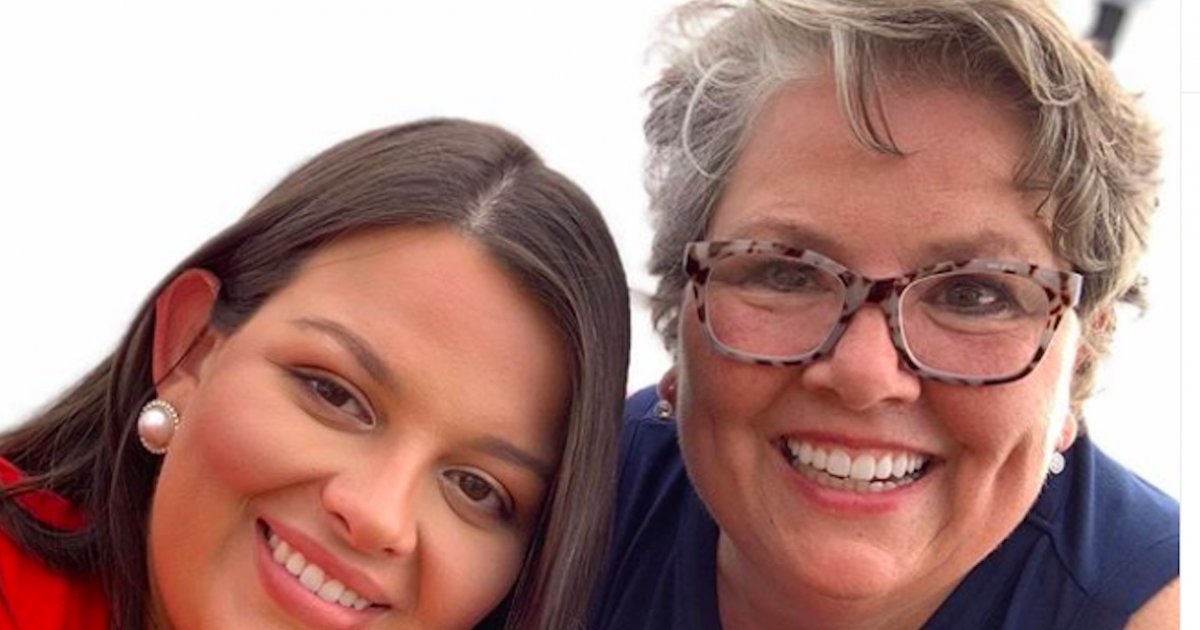At first, she was hopeful. "I'm thinking this old girl's maybe really got a chance," the breast-cancer survivor from Mulberry, Tennessee said after an outdoor workout on ‘The Biggest Loser’ last night. But at the weigh-in, Davis, an audience favorite, was down 4 pounds for the week. While that’s good progress for anyone trying to shed weight. The number just wasn’t big enough to keep her safe.
RELATED: The 'Biggest Loser' Is Back with a Breast Cancer Survivor Who 'Whooped Its Tail'
Read MoreNow home in Tennessee, she’s competing for the show’s $25,000 “comeback” prize, equipped with a gym membership, nutritionist, and support group.
Weight Loss: What Is Your ‘Why’?
A self-described food addict, Davis hadn’t stepped inside a gym in ages. “Now, I know what the equipment is and I know how to use it,” she says, proudly. Even better, she’s shifted her thinking about her new healthy lifestyle: “My ‘why’ has changed,” she told trainer Bob Harper, as the show concluded. “I came here for my son — so that I can live for a long time. But my ‘why’ is now me. And I’m proud of that.”
Reducing Her Risk of Recurrence
In an exclusive interview, Davis told SurvivorNet her breast cancer diagnosis came at 38, while she was pregnant. Her doctor explained it away saying she had lumpy breasts. After the baby was born, when the lump didn’t go away, it was "milk coming in." In fact, Davis had stage 2 HR-positive breast cancer. “At the time, I was in pretty good shape,” she said of her postpartum weight of about 150 pounds.
Dr. Elizabeth Comen “We know that when woman are overweight they can have a state of inflammation in their bodies and some of those fat cells can make estrogen … being exposed to too much estrogen over a woman’s lifetime can significantly increase her risk of breast cancer,” Dr. Comen told SurvivorNet.
Following her diagnosis, "I had a lumpectomy, four rounds of chemo, and 31 radiation treatments," she told SurvivorNet. She took tamoxifen for five years and, later, underwent a hysterectomy to resolve uterine fibroid tumors.
The Weight-Loss Connection
By 2019, she weighed 242 pounds and had developed type 2 diabetes, sleep apnea, and high blood pressure. Although she tested negative for the BRCA gene, she’s had three close relatives –her father, brother, and grandmother — with cancer.
The risk of her cancer returning, or of another health complication was real. “I was planning on dying,” she recalls, aware that her health was in jeopardy. “I just didn’t know how it would happen.”
RELATED: Some Dietary Supplements May Be Harmful to People Getting Chemo for Breast Cancer
By shedding a total of 35 pounds during her 7 weeks on the show, Davis substantially reduced her cancer-risk. “Sustained weight loss is really important in preventing breast cancer. We know that fat cells make estrogen which fuels most breast cancers after menopause," says Sarah P. Cate, assistant professor of surgery at the Icahn School of Medicine at Mount Sinai, tells
RELATED: Women Who Lose as Little as 4.5 lbs. Can Lower the Risk for Breast Cancer: Study
SurvivorNet. Cate and doctors in her field were delighted when a study published in the Journal of the National Cancer Institute, showed exactly how much women can reduce that risk. In it, researchers tracked health data for 180,000 post-menopausal women over age 50 for a decade. During that time, nearly 7,000 of the women were diagnosed with breast cancer. Among the overall group, they found that women who lost even 4.5 pounds had lowered their breast cancer risk by 13%. Even better: the women who lost at 20 pounds during that time saw the most dramatic results, with a 25% reduced cancer risk.
Learn more about SurvivorNet's rigorous medical review process.


